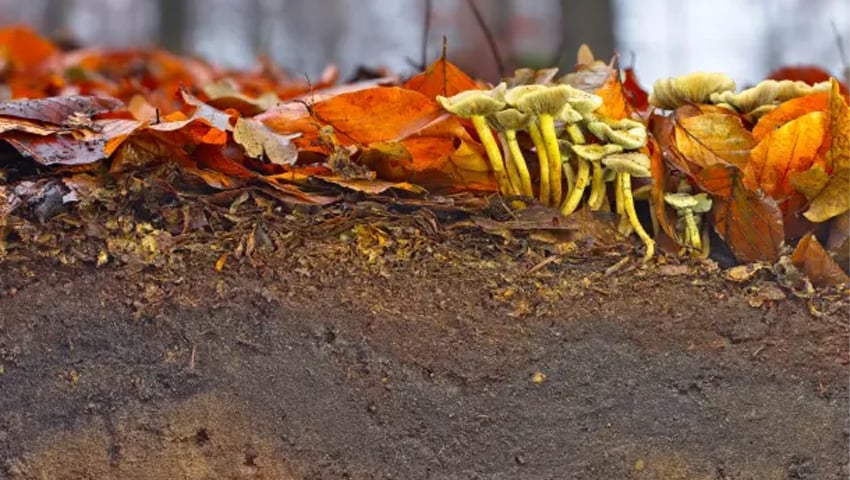UNESCO is warning that 90% of the planet’s land surface could be degraded by 2050, with major risks for biodiversity and human life.
At an international conference in Agadir (Morocco), Audrey Azoulay, Director-General of UNESCO, appealed to the Organisation’s 194 Member States to improve soil protection and rehabilitation. UNESCO is also undertaking a number of actions to fill the scientific knowledge gaps in this field.
UNESCO Director-General, Audrey Azoulay, said, “Soil plays a crucial role in sustaining life on Earth. Yet it is still often neglected or poorly managed. UNESCO is calling on the international community to make this a priority. With sixty years of experience in soil science, [UNESCO] will help States to advance knowledge and train professionals so that the necessary measures can be taken.”
Healthy soils are essential for maintaining ecosystems and biodiversity, regulating the climate, producing food and purifying water. However, according to the World Atlas of Desertification, 75% of them are already degraded, directly impacting 3.2 billion people. And if current trends continue, this proportion will rise to 90% by 2050.
ffinlo Costain, founder of the Food & Global Security Network, said, “We know that soil is critical for climate, nature and food systems. What’s less recognised is the direct impact that degraded soil has on global security. Degraded soil, disrupted food production and hunger can make communities vulnerable to exploitation by bad actors. Agroecology and good soil health make communities stronger and more resilient to climate extremes and help to protect populations from violence and conflict.”
The Agadir discussions have led to an action plan based on three key objectives: improving soil protection and rehabilitation, filling the scientific knowledge gaps in this field, and strengthening the commitment of young people and communities through education and training programmes.
UNESCO will support its Member States by establishing a ‘world soil health index’ in coordination with its international partners. This index will be a standardised measure for assessing and comparing soil quality across different regions and ecosystems. It will allow the identification of trends showing degradation or improvement, reveal which areas are most at risk, and enable better understanding the effectiveness of soil management practices.
In addition to this index, UNESCO will launch a pilot initiative for the sustainable management of soils and landscapes in around ten natural sites that it helps to protect under its Biosphere Reserves programme.
The goal will be twofold: to assess the effectiveness of the management methods implemented in these sites, and to work to ensure that the best of these methods can be deployed in other regions of the world.
Site managers will be encouraged to develop innovative soil conservation and land management projects. Training will be provided for them, as well as for members of government agencies, conservation organisations and indigenous communities, to give them as many tools as possible to protect this essential resource.
This initiative will also include an educational component through which UNESCO will raise awareness and involve the younger generations.
Image by Y. Kniese & C. Dahlhaus, TERRA.vita Soil Atlas
